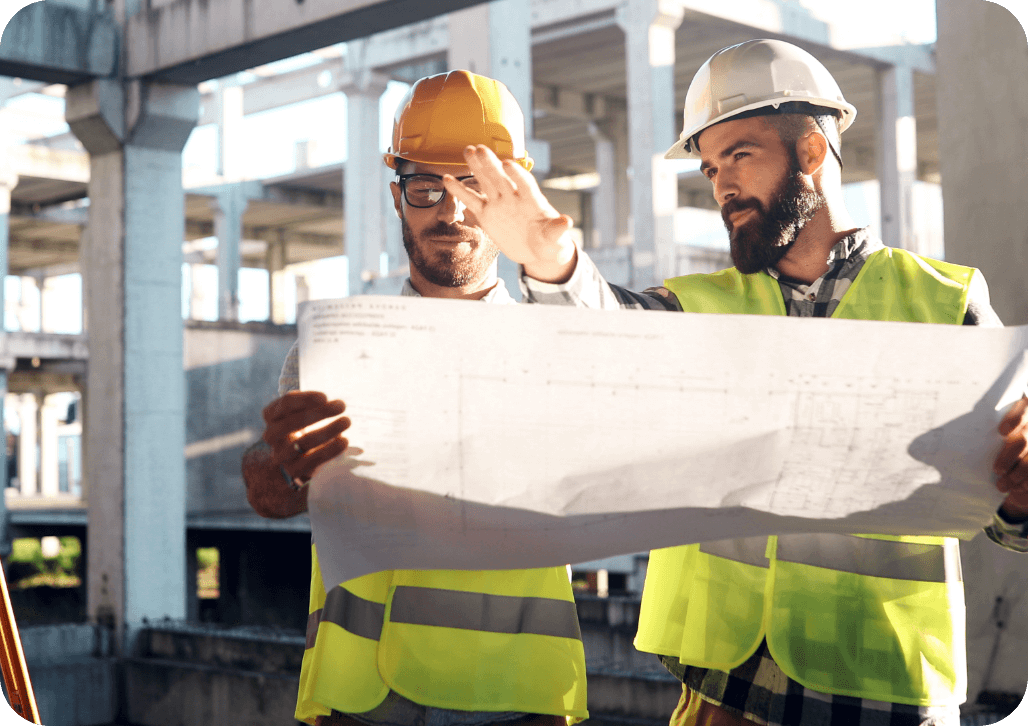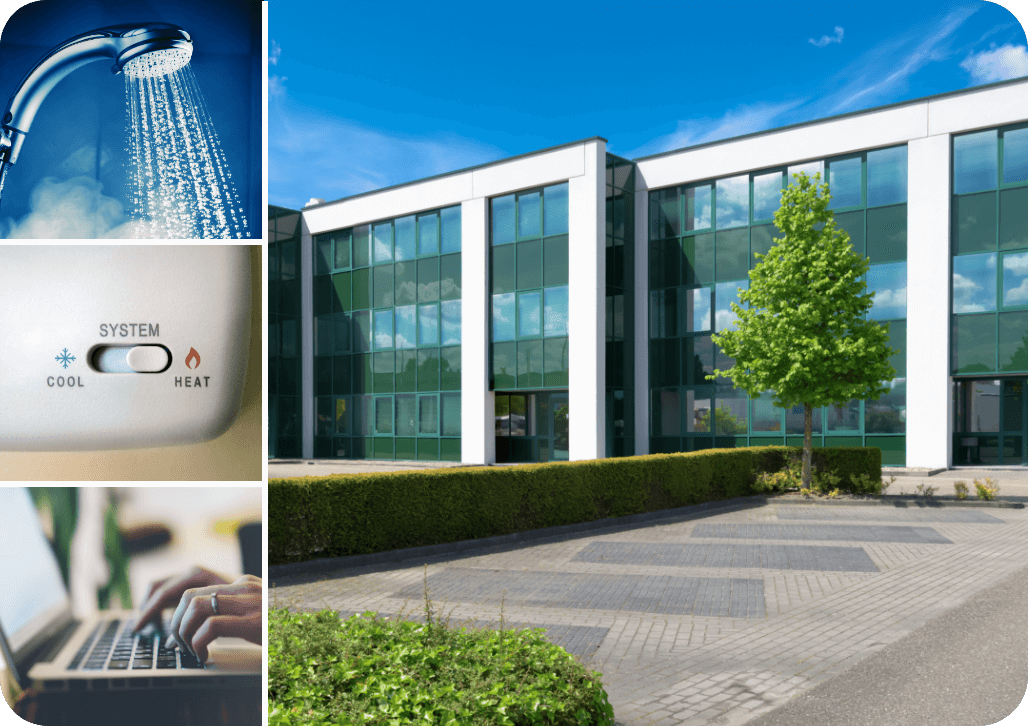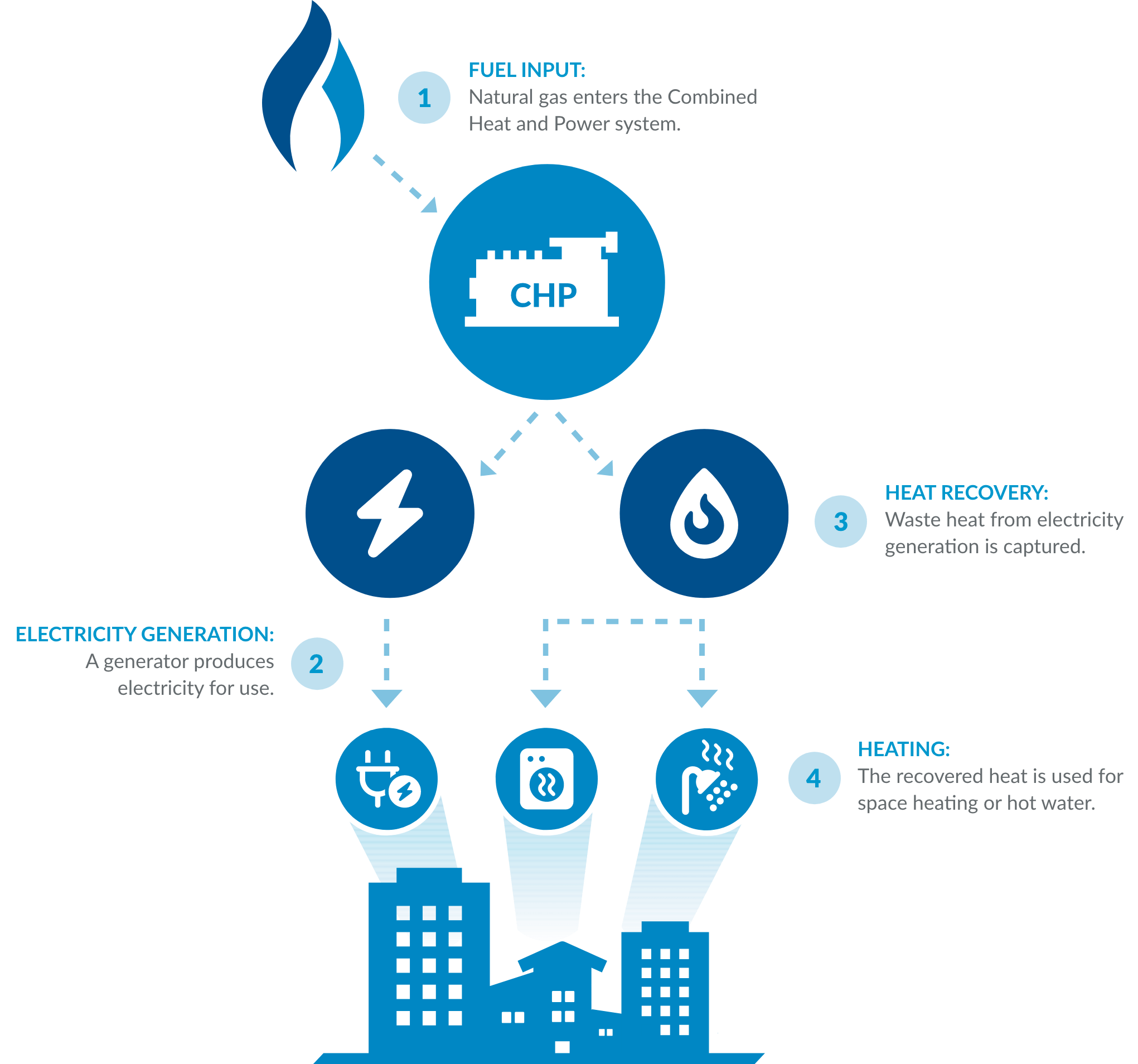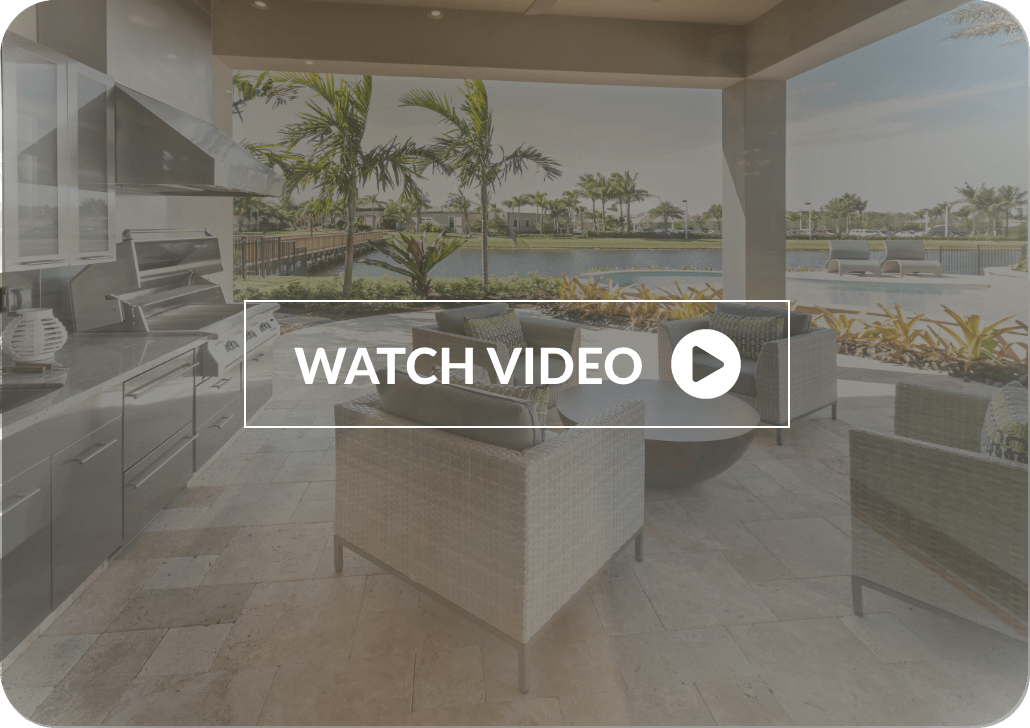The Benefits of Including Natural Gas In Your Design Specifications
Using natural gas in your designs signals forward-thinking. It offers homeowners and business owners affordable, reliable energy today. At the same time, it helps increase their home’s resale value or reach their company’s sustainability goals for the future. Discover why smart design starts with natural gas.
Design For Energy Efficiency and Cost Effectiveness
Natural gas is known for its energy efficiency, which can significantly reduce energy costs for homeowners and businesses. In fact, natural gas is 3.3 times more affordable than electricity and more cost-effective than other energy sources, according to the U.S. Department of Energy. This translates into lower monthly utility bills, making it the ideal energy choice for residential (single- and multi-family homes) and commercial buildings.
Design For Greater Versatility and Enjoyment
Natural gas appliances and systems offer flexibility in design and installation. For instance, natural gas tankless water heaters are more compact than standard water heaters and can be mounted onto a wall. This optimizes space in smaller homes or commercial establishments. Other natural gas features can help to improve the function or aesthetics of a home or business. Natural gas ranges, for example, offer professional chefs more precise temperature control for a perfectly-cooked meal. On the home front, natural gas lighting, grills, and fireplaces enhance outdoor living spaces. Due to their desirability, natural gas homes also sell faster and for about 6% more than non-gas homes. All the more reason to incorporate natural gas from the start.
Design For Reliability and Resilience
Details matter when it comes to design. In Florida, they’re especially important when it comes to storm readiness. Natural gas is ideal during a storm because it’s delivered through mostly underground pipelines. This delivery infrastructure is less vulnerable to storm-related damage than overhead electrical lines. Natural gas can power generators that keep electricity running throughout homes and businesses, providing comfort and preventing costly downtime. Even without a generator, natural gas stoves and water heaters can often continue to function during unfavorable weather.
Design For Sustainability
We all want a more sustainable future. Designing with natural gas helps to reduce environmental emissions. Compared to other fossil fuels, natural gas burns cleaner, releasing fewer greenhouse gasses and pollutants. This aligns with the growing trend toward eco-friendly and sustainable building practices. Using natural gas can help architects and builders work together to meet environmental regulations, which can also play a role in achieving the Leadership in Energy and Environmental Design (LEED) certification.

Comply with Florida Building Code Requirements
Incorporating energy-efficient natural gas appliances into your design not only minimizes environmental pollutants, but also helps to ensure your projects meet Florida Building Code energy efficiency criteria. A cleaner-burning fuel compared to other fossil fuels, natural gas can significantly enhance a building’s energy performance.
CHP: Energy for the Future
When power and heat is generated separately, roughly two-thirds of energy is wasted, according to the U.S. Environmental Protection Agency. Combined Heat and Power (CHP) systems generate electricity while capturing the waste heat produced in the process.
The waste heat can be repurposed for hot water, air conditioning, or steam at a home or business, boosting energy efficiency.
This is an effective way for architects and builders to help meet energy efficiency requirements.

How CHP Works









